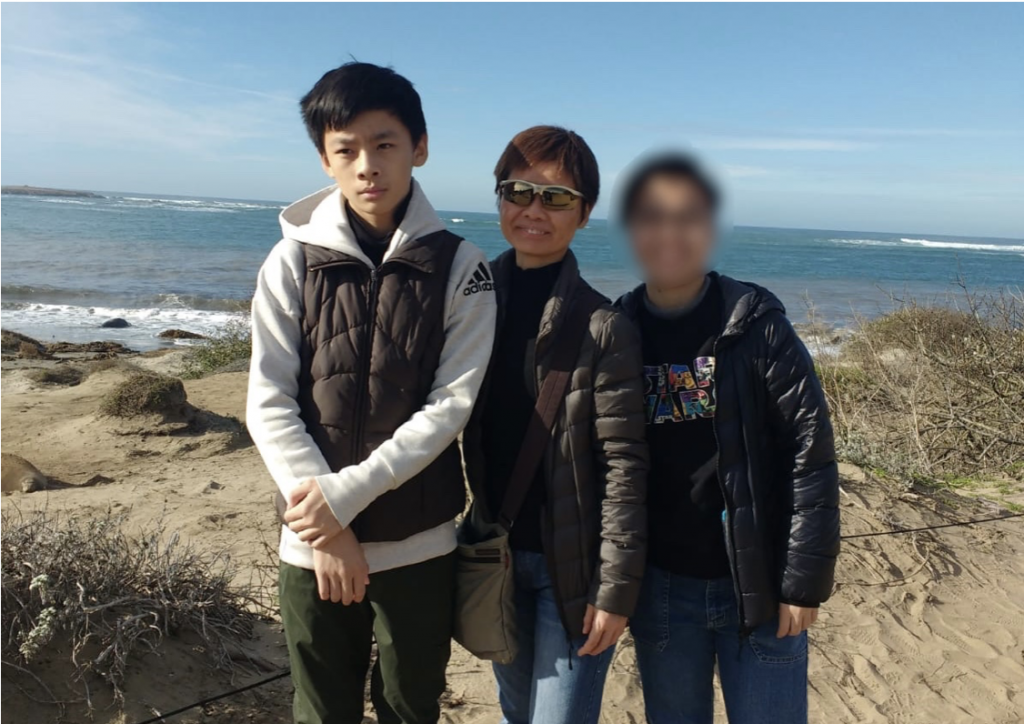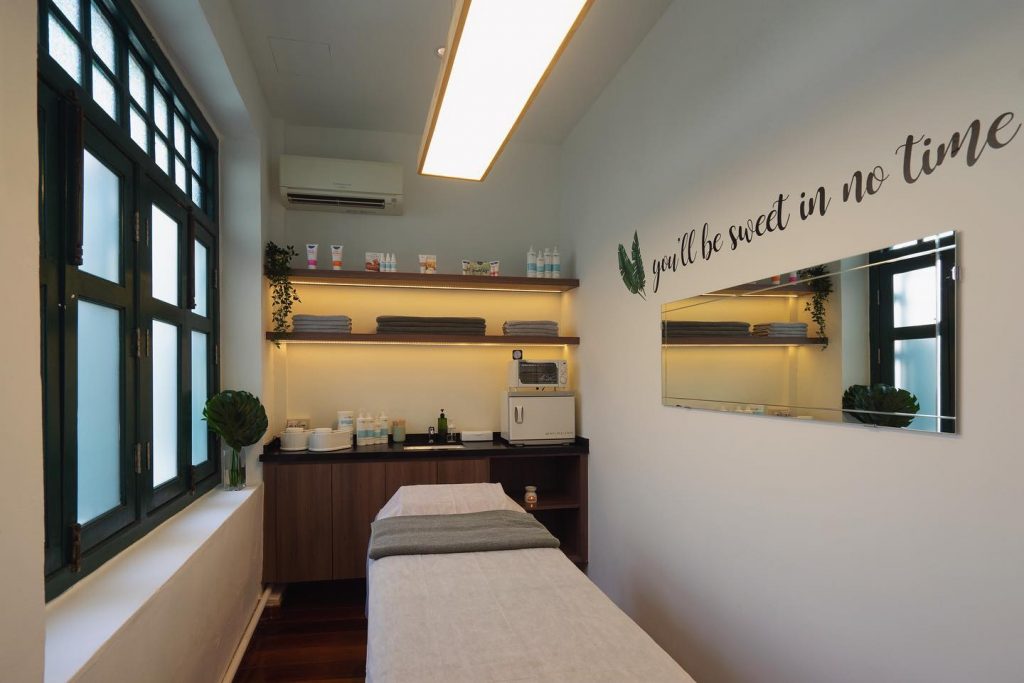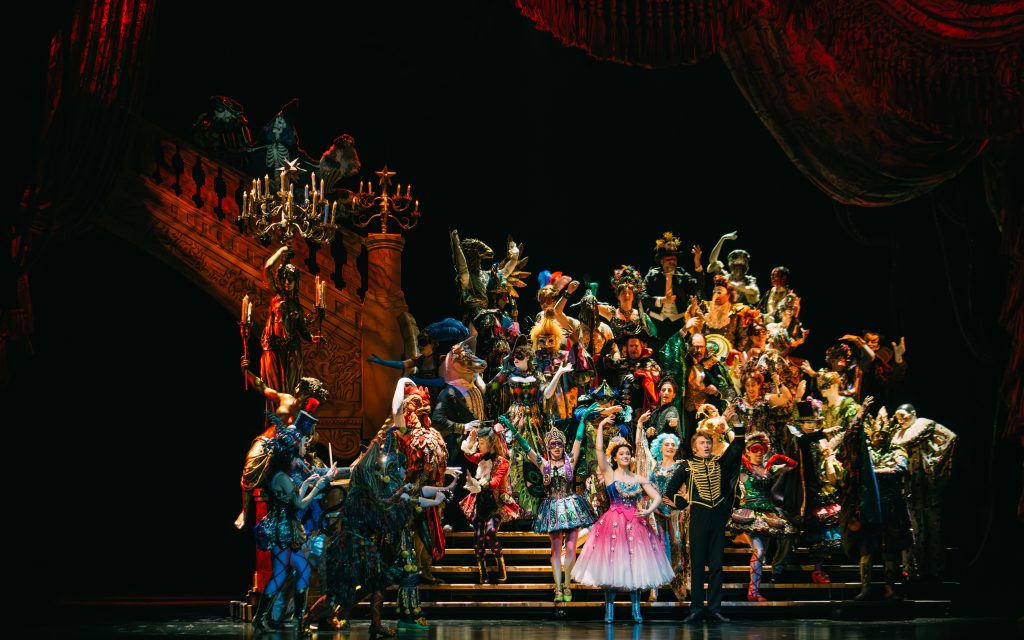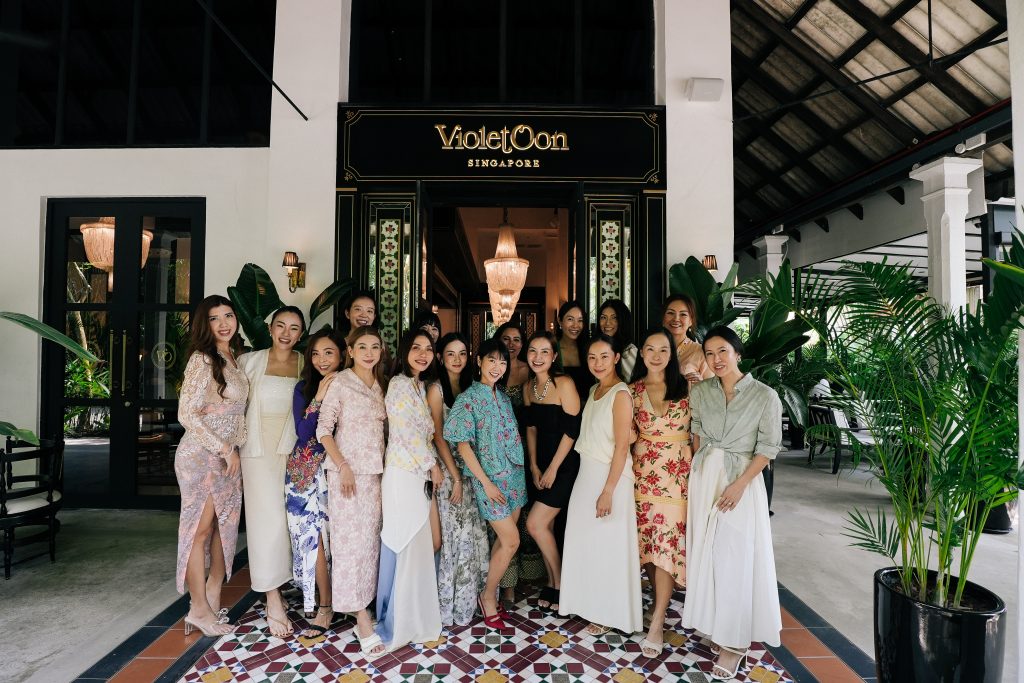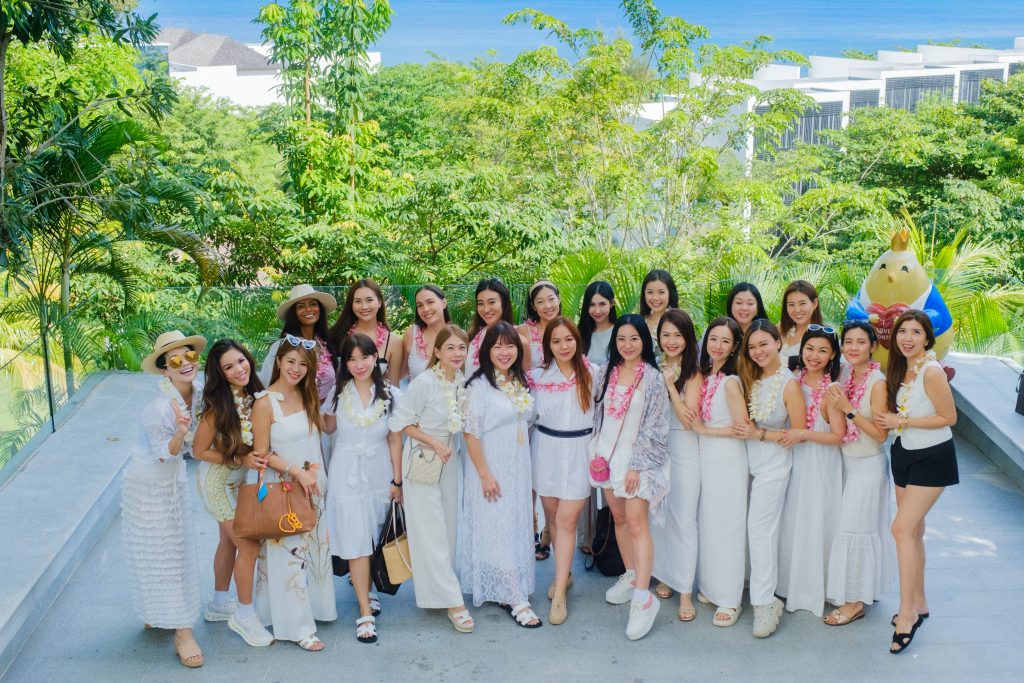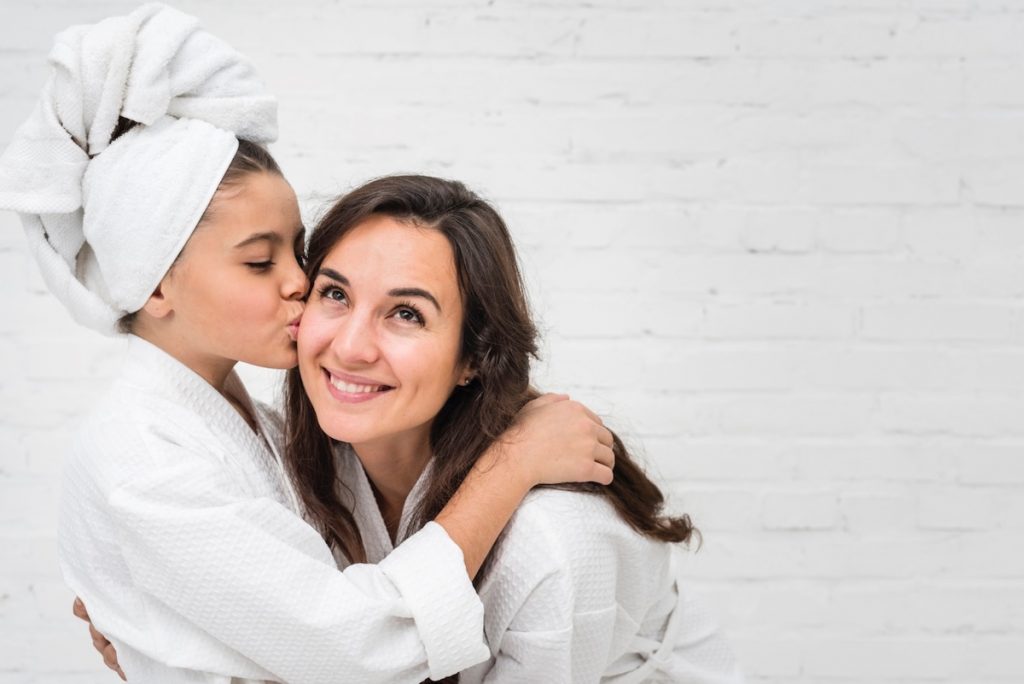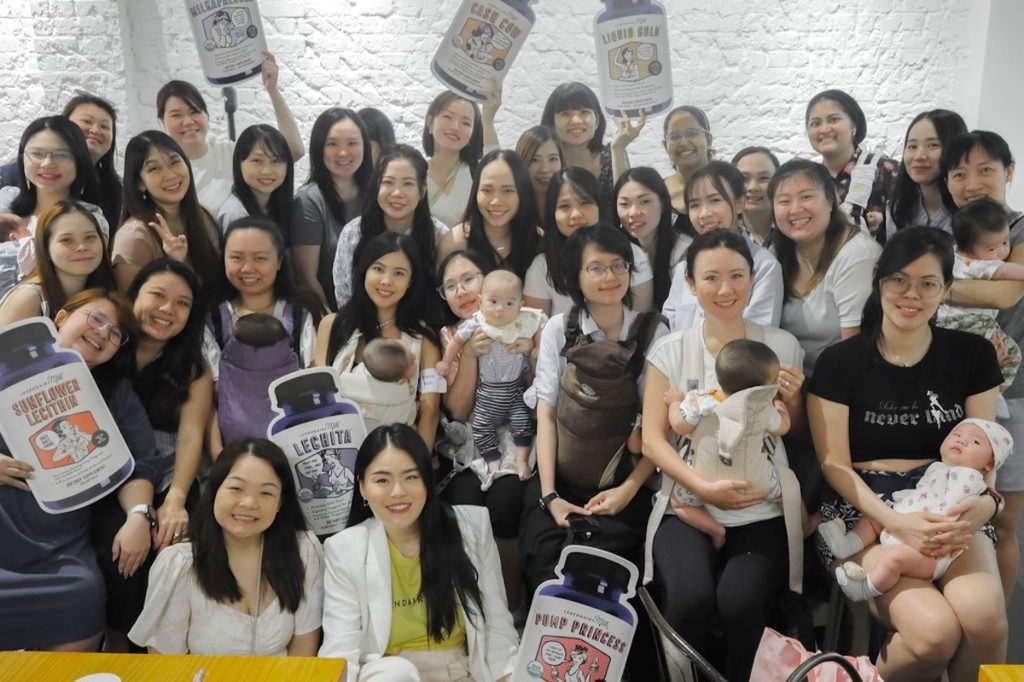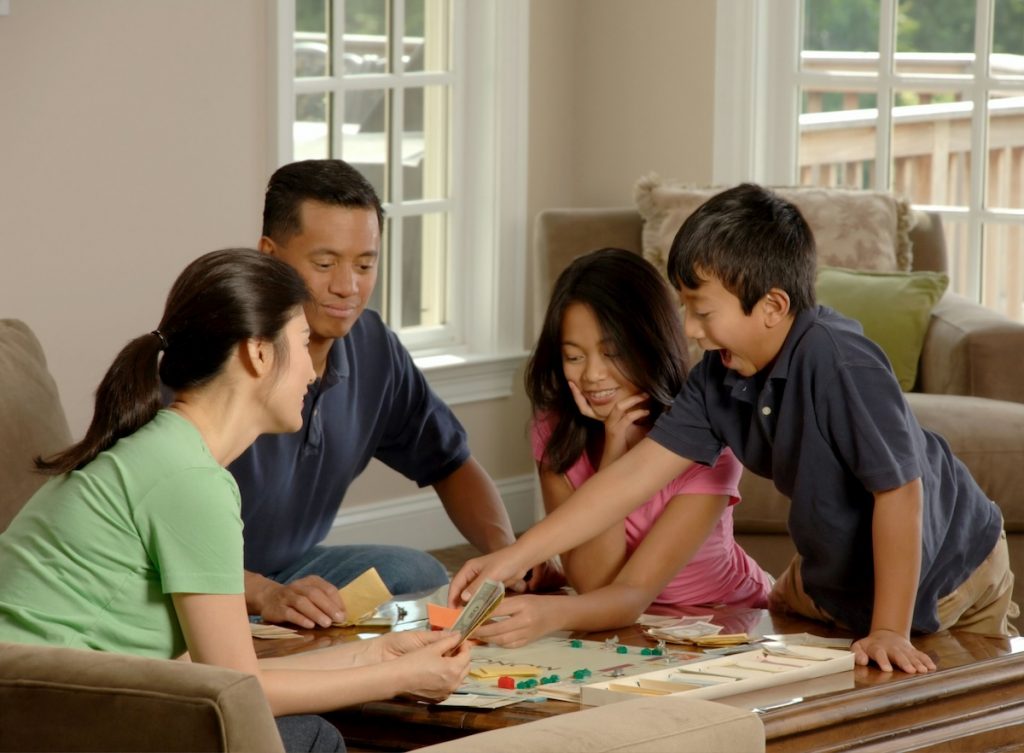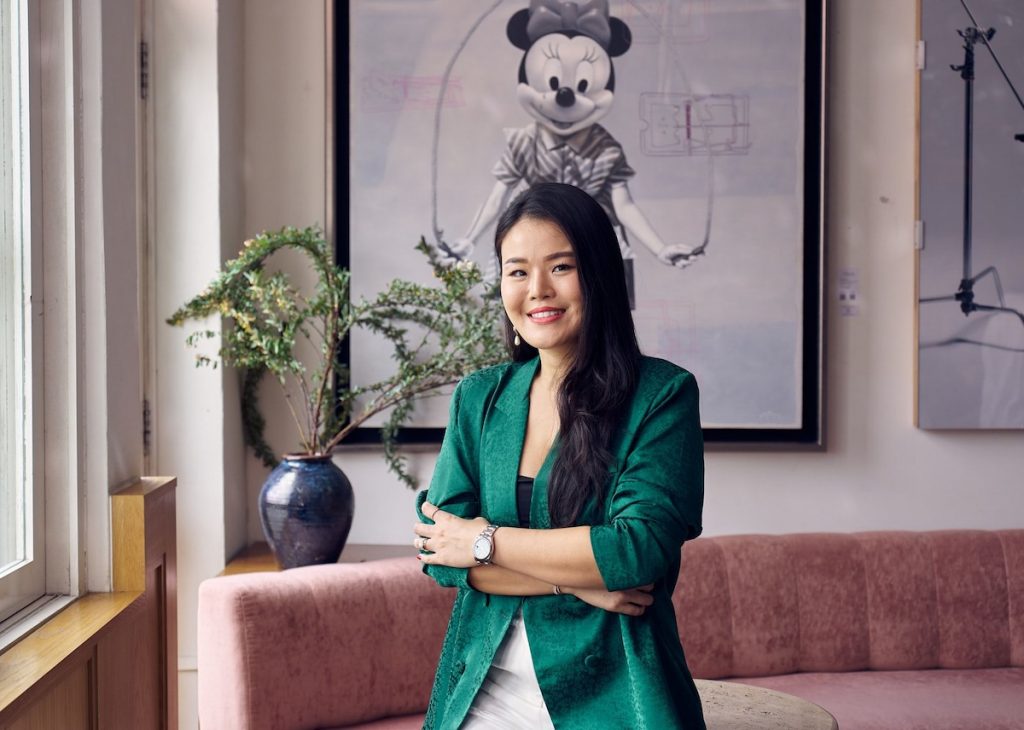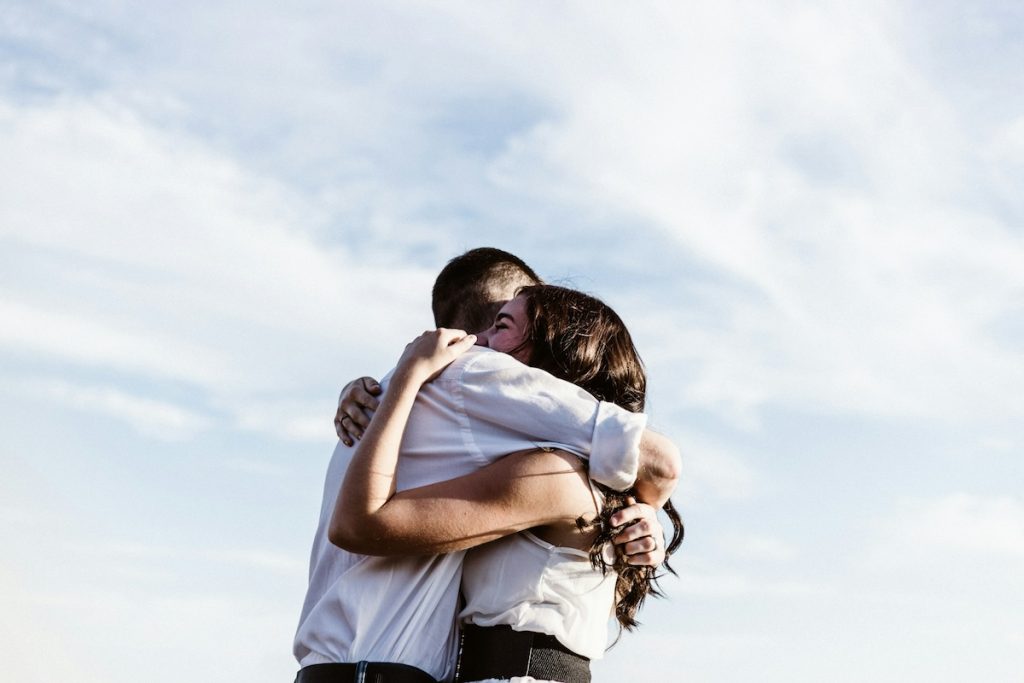December is the month of festive cheer and thanksgiving with family, friends, near and far. Yet, for Cecilia Ow, it is one of loss and pain. Cecilia’s son, Justin Lee, was arrested in February this year and charged with drug trafficking offences in June before being released on bail. He passed away in September after falling from height; he was only 17 years old. Honest, sincere, straight from the heart of a grieving mum, Cecilia speaks about Justin and her quest to improve a flawed system which she feels contributed to her son’s death.
On 16 September, my 17-year-old son Justin took his own life and left a huge void in mine.
For the past two months, I have struggled with grief, guilt, regret and loneliness, all of which threaten to eat me up and invalidate my existence. Even as I write this, my heart aches from missing him. I take melatonin to help me sleep. I’ve gone from a petite 47 kg to a 42 kg.
Many times, I long to reach across the wide and deep chasm that separates us, just to hold him and tell him “I love you”. Yet I am afraid of making a rash decision and the sense of responsibility (to my other child) keeps me grounded.
Those of you who may not be familiar with my story, please read it here , in chronological order of the posts. It tells of how Justin got into trouble with the law, developed post-traumatic stress disorder as a result and eventually committed suicide. It recounts my fight against the authorities (mainly law enforcement) to review and revise their arrest and interrogation protocols for young offenders and those with mental health conditions.
My reason for going public stemmed from my compulsion to prevent another case like Justin’s and from my conviction that the current policies and practices surrounding drug offences need to change. As a result, I’ve been humiliated, judged and condemned on social media for incompetent parenting. I was warned by friends of the onslaught by keyboard warriors and when it came, the cruelty threw me off guard. It was only with God’s love, grace and mercy that I managed to endure.
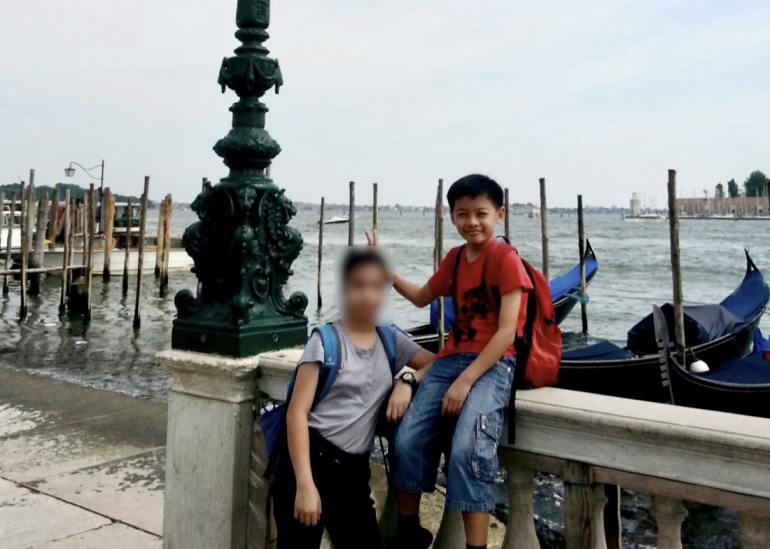
Now that the storm has quietened, I am trying to focus on healing. Believe me, it is not easy. I am torn between wanting to connect with Justin and avoiding any reminders of him. Everything is a trigger – the places we used to go, the food he loved, his photographs and belongings, the very house we live in. I have taken to wearing some of Justin’s T-shirts and shorts, reading his novels, sleeping on his bed, and cleaning his room every week. Doing these things bring me closer to him.
I read testimonials of mothers who have lost their children to suicide. The one quote that is particularly uplifting and helps me stay the course is this: “Every morning that I wake up, I am one day closer to seeing my son again rather than one day further away from having him here with me.”
I thank God for friends who love me. I do not have many close friends, but they have rallied around me, took turns to keep me company and feed me. I am seeing a counsellor and have joined a couple of support groups for bereaved parents.
I sometimes wonder, “What if I did not go public with Justin’s death? Would it have made a difference to me? Would it have made my grieving and healing easier?” I will never know, but I do know that my life will never be the same again and I am not the same person as before.
People tell me they are amazed at my stoicism amidst my pain and the ability to look beyond my grief to champion a cause for the greater good. But all I can think of is: “Why can’t I watch Justin grow up? What have I done to deserve this? Why must it happen to me?”
Every day, in my conversation with Justin, I ask for his forgiveness – for all the opportunities I missed to communicate, lend moral support, give assurance and encouragement; for all the harsh words I said to him; for being too self-absorbed with my own problems, frustrations and worries; for not seeing the signs. If only I had. Surely that would have assuaged his self-doubt and fears, reduced his anxiety and stress, eased his pain and paranoia, and given him strength to face the uncertainties and challenges that lie ahead.
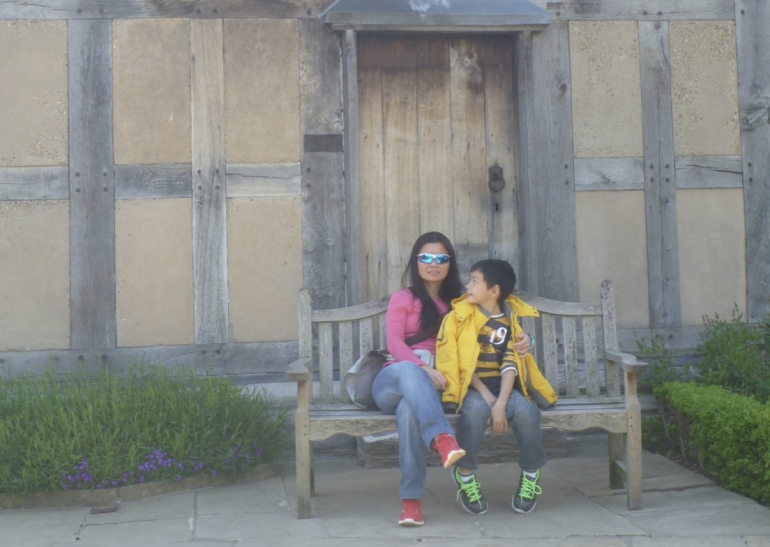
I recall watching a webinar by Mr. Gary Roe, an author, speaker and grief specialist, on “Dealing With and Overcoming Guilt in Grief”. He made a very helpful differentiation between GUILT and REGRET.
Guilt makes us say: “I’m responsible” or “I caused this” or “It’s my fault”. Regret, on the other hand, goes like this: “If I knew then what I know now, I would/would not have” or “I wish I had/had not”
Gary said that we should only keep those experiences and memories that are beneficial for us and offload those that are not. The first thing to do with guilt or regret is to get it out of our system so that we can travel lighter (less emotional baggage). So I made a list of the specific things that I would do differently if I could turn back the clock and realised that my regret list ran long.
I often think that Justin left because he did not want to be a burden to me, that he felt sorry for hurting and disappointing me. But that only intensified my feelings of guilt. There are days when I wish Justin would be sitting at his computer, walk out of his bedroom, or appear in my dreams, so that I can hear his voice and touch him. Tears well up when I think or talk about him.
I know that guilt does not help my healing, my loved ones, or my relationships. If I let it, guilt would steal my life and sabotage my health. Wallowing in guilt has caused me to be unmotivated at work, to be depressed and entertain self-harming thoughts. I am still struggling to let it go.
In my grief, I have rediscovered God in my life. I was told: “You can either hold on to guilt or receive God’s forgiveness.” And I chose the latter so that I can release myself and move on. As painful as it is, I constantly remind myself that Justin would have wanted me to be healthy and happy, to live a life that’s guilt-free and be at peace with myself. So every day, I receive God’s forgiveness and healing.
Now, I try to steer my conversations with Justin toward reminiscing about the things we did together, the places we visited, card games we played, movies we watched, music we shared. I also tell him about the book I’m reading, the project I’m working on, the next country I’d like to visit, my plans for the day and more. I thank him for showing me the importance of communication, of not taking anyone for granted, and having the courage to be vulnerable. Most of all, I thank him for 17 years of his life as my son.
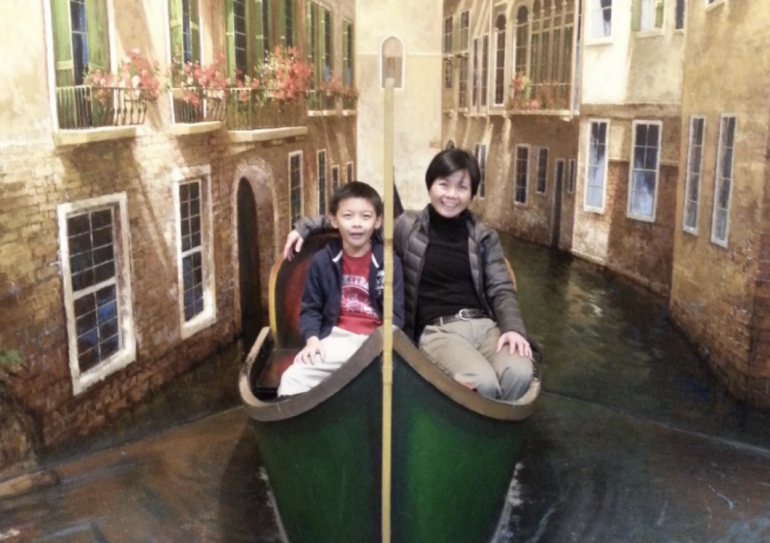
I am also “making amends” by living differently. After Justin’s funeral, I donated a sum of money to his alma mater, because that was where he made his best friends and had the fondest memories. I have also joined the Transformative Justice Collective, an advocacy group based in Singapore, to further my social contribution.
When we became mothers, something happened in our genes and altered our DNA. It’s called “self-sacrifice”. I was never into kids per se and did not consider myself the “maternal” type. I sometimes think that children bring more pain than joy and that kids are simply overhyped. But if you ask me now, I would give anything to have Justin back.
I am determined to use my grief and loss as a fuel for good. I hope that my story has encouraged and inspired you in one way or another. Thank you for reading.



